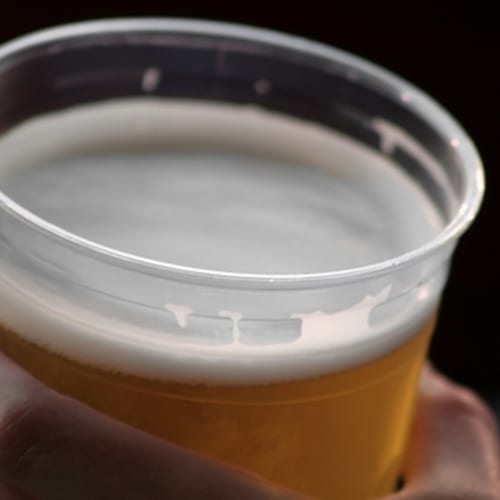There's quite a bit of news these days about Maryland Delegate Don Dwyer, who was recently charged with drunken boating following a tragic crash in August 2012 that seriously injured several other people and left Dwyer in a wheelchair – at least temporarily. Sergeant Brian Albert, a police spokesman involved with the case, said that Dwyer's blood-alcohol content was three times the legal limit for driving a boat.
This unfortunate incident reinforces the importance of taking proper safety precautions before going out on the water and serves as a reminder of why people must avoid boating under the influence (BUI).
According to the U.S. Coast Guard's Boating Safety Research Center, there is a federal law in place that prohibits BUI, and it applies to all boats on U.S. waters. Those arrested for this crime may face large fines and significant prison sentences.
What many people don't even realize is that boat operators can become more impaired by the effects of alcohol due to factors such as motion, vibration, engine noise and prolonged exposure to sun and wind. Combined with the fact with boat operators are often less experienced and less confident on the water than they are on land, and you can begin to understand why the Boating Safety Research Center wants people to take BUI so seriously.
In order to avoid putting yourself and others who are out on the water in danger, the Boating Safety Research Center recommends some alternatives to consuming alcohol while operating a boat, such as bringing along a supply of cold, non-alcoholic beverages. If you do want drinking to be part of the day's festivities, consider planning a party ashore at the dock.
Even if you operate your vessel safely, accidents can happen at any time. If you own a recreational boat, it's a good idea to work with a marine insurance provider to find the best rates and ensure that you are covered in the event of an unfortunate incident.

